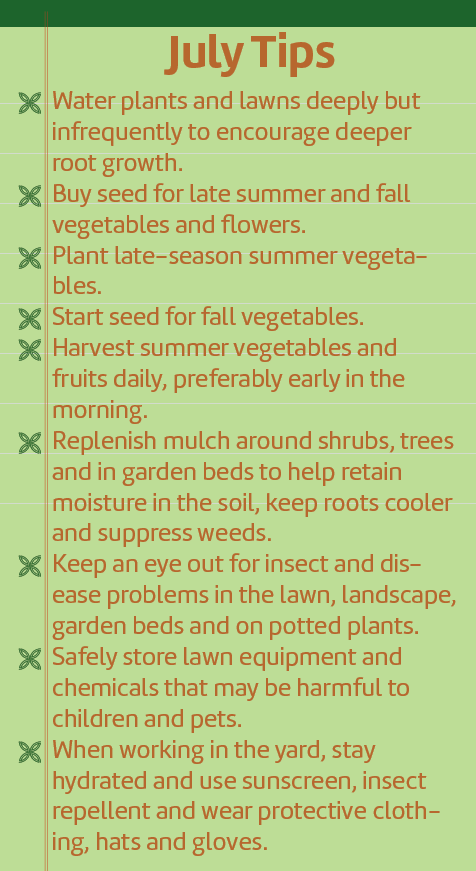A matter of minding your Ps and Ks

Need a local source of fun, fresh fruit this fall and winter? It’s as easy as minding your Ps and Ks — as in persimmons, pomegranates, pawpaws, kiwifruit and kumquats.
These often lesser known, or a least lesser grown, fruits are now, or soon will be, in season, and they are all easy to grow additions to the home garden and landscape.
Many of us grew up eating (or at least attempting to eat) the fruit of the American persimmon, a native tree that produces golden-orange, muscadine-size fruits which, when they fully ripen in the fall, are morsels of sweetness (some say they taste like dates) enjoyed by humans and wildlife alike.
The problem with native persimmons is that unripe persimmons are high in the astringent, pucker-producing compound tannic acid. But ripe ones are soft, delicious and, according to folklore, predictors of winter weather. Slice their seeds in half and take a gander at the shape therein: a spoon shape indicates snow to shovel, a knife shape warns of cutting winter winds and a fork shape predicts a mild winter with good eating.
Though ripe American persimmons make fine eating whether consumed out-of-hand or in puddings, preserves and other dishes, their small size can make preparing them a bit of a bother. However, there are now a number of larger-fruited Asian (sometimes called oriental) persimmons available to us. These persimmons produce gorgeous orange to reddish, baseball-sized fruits that ripen more readily and reliably than their native cousins.
Another fruit that comes from our own native woods is the pawpaw, an understory tree that produces large greenish-black mango-like fruits with a custardy texture and sweet, sometimes nutty, tropical flavor. Pawpaws reportedly helped sustain the Lewis and Clark expeditioners in the early 1800s and these days they are used in puddings, ice creams and sorbets and to flavor breads, smoothies and even craft beer.
Pomegranates, which are not native to the Alabama but have been here so long many of us consider them ours, provide a whole different taste experience. These gorgeous shrubs to small trees produce a handsome leathery fruit filled with sweet-tart arils (the flesh covering the seed) that are delicious to munch on, sprinkle on salads and desserts, press for juice or cook down into a syrup.
Kumquats, another nonnative plant that’s been grown in the South for generations, are citrus shrubs that produce small (about the size of a shooter-type marble) orange-colored fruits. They are delicious simply peeled and popped into your mouth, but also are fabulous candied or used in jellies. While they are more common in the Gulf Coast area of Alabama, cold-hardy cultivars can be grown as far north as Huntsville if they are shielded from winter winds and cold by planting them in pots or on a protected southern wall.

And then there is the kiwifruit, another import that grows well in much of Alabama, especially in the central part of the state. This woody vine, which has variegated foliage that starts out green and develops attractive mottled white spots and sometimes a pink tip as it matures, produces egg-sized fuzzy fruits with greenish-yellow flesh that tastes somewhere between berries and bananas.
The thing about all of these plants is that, while you’re waiting for them to produce fruit (and for some that may take up to six years), they can be attractive flowering additions to the landscape in areas of full to partial sun. And this fall and on into early winter are great times to plant them. Make sure you choose a variety or cultivar that is best suited for your area of the state and keep in mind that for some, such as pawpaws and persimmons, you may need to purchase two plants to ensure cross pollination for proper fruit production.
To learn more about these Ps and Ks, check with your local experts, including the Alabama Cooperative Extension System, Master Gardener groups, plant nurseries and fellow gardeners. And keep your eyes peeled for educational events, such as an oriental persimmon tour that will be held Oct. 15 at 2 p.m. at Petals from the Past nursery in Jemison, that feature these and other fun fruit options.
Katie Jackson is a freelance writer and editor based in Opelika, Alabama. Contact her at [email protected].




